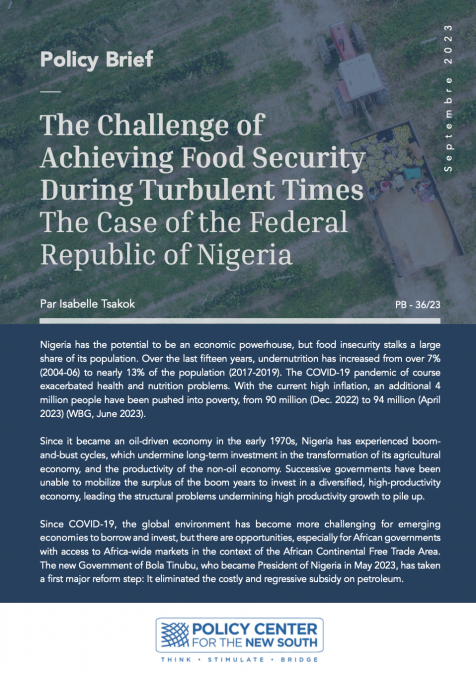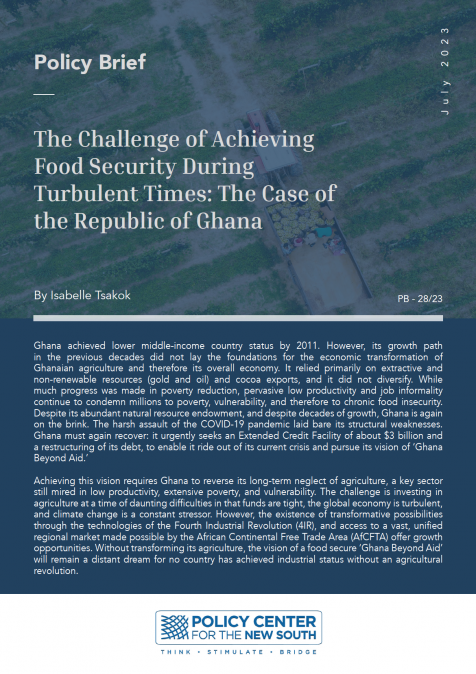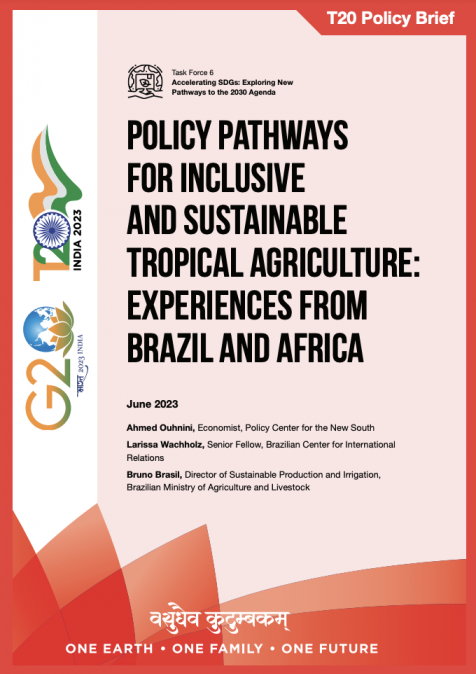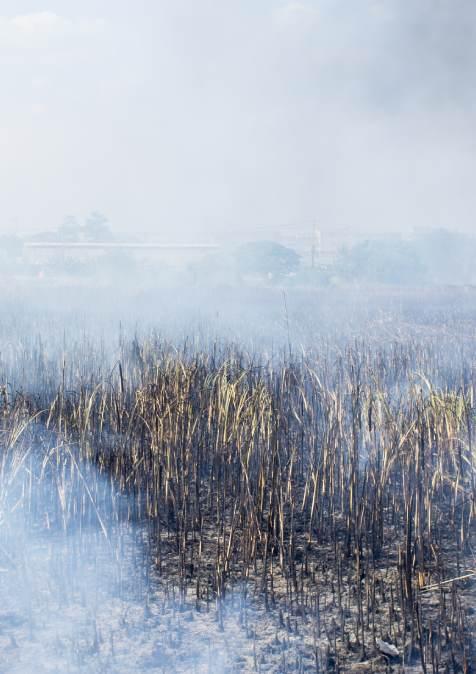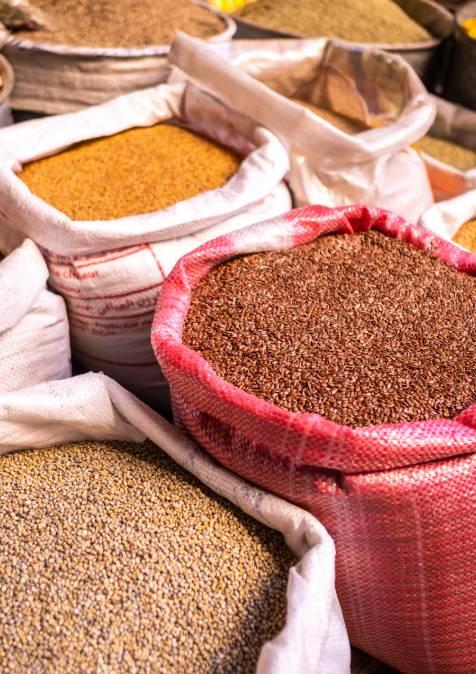Retrouvez les analyses de nos expert-e-s au sujet de l'impact de la crise Covid 19 en une série de 5 entretiens
Speakers
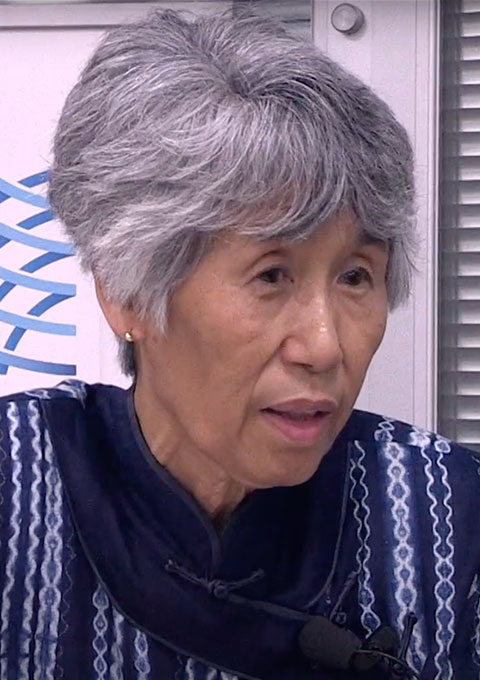
Isabelle Tsakok
Senior Fellow
Isabelle Tsakok, development practitioner, policy analyst, researcher, and teacher, is a Senior Fellow at the Policy Center for the New South. She grew up in the Republic of Mauritius, a multi- lingual, multi-ethnic and multi-cultural society. She holds a PHD in Economics from Harvard University, and a BA in Phil/Econ from the London School of Economics. As World Bank staff and consultant, she has focused on agricultural and rural development including on issues of agricultural transformation, food security, and poverty reduction. She has worked in most regions of the developing world, including Africa –North and South of the Sahara; Asia - South, Southeast and East; and Latin America. She has taught courses on agricultural policies and institutions at the World Bank; the Scho ...





